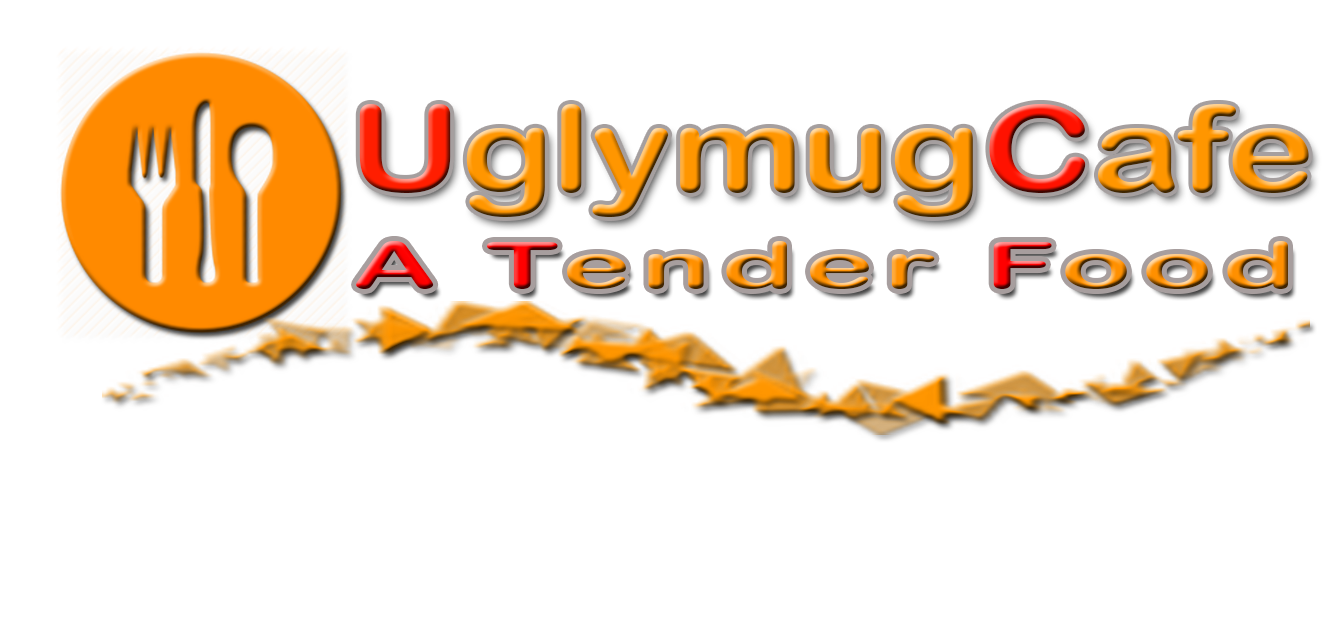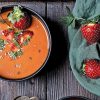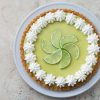Eating at your desk and other bad eating habits to stop today – uglymugcafe
- Cooking At Home May Have Positive Impact On Mental Health, Says Study
We all have some eating habits that are at best unhelpful or unhealthy, and at worst offensive. From peeling a banana the hard way to inadvertently committing a cultural culinary faux pas, it’s easier to slip up than you might think. These are the habits you need to break – along with some handy eating hacks to make mealtimes healthier and easier.
We usually eat a burger with the thickest part of the bun at the top but often it’s better to eat it upside down. The extra bread soaks up the juices and prevents the usually thinner bottom side becoming too soggy and the sauce dripping down your fingers.
Many people say you should swallow oysters whole without chewing. However, Dublin-based oyster chef Simon Lamont says you are missing out if you gulp an oyster down in one. He recommends chewing to experience the full “umami” flavor of the oysters.
If you’re watching your waistline, an overflowing bread basket can be one temptation too far. A good idea is to go with a bread or a starter, but not both. In fact, it might be easier to just ask for bread not to be brought to the table at all while you’re perusing the menu.
There’s a much easier way to get mussels off their shells than using a fork. After the first mussel has been removed, use that shell as a pair of tongs to remove the next one. It’s a tool built for the job.
In China, it’s considered unlucky to turn a whole fish over when serving it at the table. It’s seen as bad luck for fishermen whose boat you are ‘flipping’ as you turn the fish. Instead, reach under the central bones with your spoon to scrape the flesh from the underside.
The evidence is by no means clear cut, but some studies suggest that people who eat later tend to be fatter. It certainly seems to make sense to eat more of your calories earlier in the day when you have a chance to be active. Eating earlier will also help prevent indigestion during the night. According to the Cleveland Clinic, to avoid heartburn you should wait at least three hours after eating to go to bed. Your evening meal should also ideally contain no more than 500 calories and 20g of fat.
This might be controversial but if you’re slathering tomato sauce on fries, you’re probably ruining them. Any sauce turns crisp, crunchy fries into a soggy mess. Best to keep condiments on the side.
It’s often instinctive to reach for the salt and pepper before trying food first. It’s fine to add extra seasoning if you really need it, but it makes sense to try before you apply. Most of us already eat too much salt, with Brits, for example, having an average intake of 8.1g a day, compared with the recommended amount of 6g. Too much can lead to high blood pressure.
Ask around and you’ll find loud munching is one of the most reviled eating habits. For people with a condition called misophonia, which is an actual phobia of repetitive noises, it can be anxiety-inducing, producing a reaction akin to the fight or flight response. Be polite, close your mouth and eat quietly.
You may feel like a wimp choosing a milder dish but opting for the spiciest curry on the menu could well ruin your enjoyment of the meal. Chili in moderation tastes good and the spice can rev your metabolism temporarily, but too much of a good thing will blow your palate and cause discomfort. One study designed to discover why chili is so satisfying found the reason was not that it affected hunger hormones, but that it caused symptoms such as bloating and nausea, putting people off eating entirely.
Regardless of how filled up with food it is, you’ll eat more of foods like sweets and snacks from a big bowl than a smaller one, researchers have found. Ditto if you’re dipping into a family pack of crisps or snacks – to save your waistline, portion out a serving into a small container.
These 60 kitchen hacks are borderline genius
If you’re dipping your sushi rice side down in soy sauce, you’re making things harder for yourself. The rice absorbs the soy sauce and often falls apart, making it impossible to eat. Instead, rotate the sushi and dip the fish or vegetable topping into the sauce.
Bananas grow upwards from the stem. So, if you’re like the vast majority of people who prize a banana open from the stem end (as pictured), you’re doing it the wrong way around. The easier way to eat a banana is from the opposite end (which is actually the tip). Give it a squeeze and then peel open as usual using the stem to grip.
Here’s how not to be culturally insensitive with Thai food: if you’re following traditional customs, almost all Thai dishes should be eaten with a fork and spoon, not chopsticks. The only exception is noodle dishes.
Solely using chopsticks to eat any dumplings that contain a soup or broth, like xiao long bao, can result in you scalding your mouth with the hot liquid and filling. Scoop the dumplings onto a spoon and release the steam by taking a small bite out of the side or nipping off the top.
Oranges are easier to squeeze and extract all the juice from when they are at room temperature, rather than chilled (you can always refrigerate the juice afterwards, or serve with ice). Rolling citrus fruits on a surface first also helps soften the flesh so juice is squeezed out more easily.
One research review found if you’re distracted while you are eating – whether that’s because you’re walking, working or watching TV – you’ll tend to eat more at the time and later too. Hard as it is, eating mindfully, by sitting down and concentrating on the meal in front of you, is likely to be better for your waistline and health.
It’s brave to have a culinary argument with the French, but it’s better for you to leave cheese until last rather than sandwich it between main course and dessert as French people often do. Research shows chewing cheese reduces acidity in the mouth (which can be high after a sugary dessert), in turn reducing your chances of tooth decay.
The World Health Organization (WHO) categorizes processed meat as a carcinogen and says 34,000 cancer deaths per year worldwide are attributable to diets high in it. Processed meat includes ham, hot dogs and salami – indeed any meat that is salted, smoked, cured or otherwise preserved. A top tip is to accompany processed meat with fruit and veg such as spinach and black grapes rich in vitamin C and polyphenols. These inhibit nitrites found in cured meats from changing to cancer-causing nitrosamines.
When eating sushi, pickled ginger is used as a palate cleanser so you shouldn’t be eating it in the same mouthful as wasabi. Instead, dip sushi into soy sauce, then add a small amount of wasabi to your sushi. Eat the ginger in between different pieces of sushi to rid your palate of any lingering flavors.
It was once thought eating little and often was better for controlling hunger, but a recent study in obese men with prediabetes found only eating within an eight-hour period each day significantly lowered insulin levels and insulin sensitivity, as well as improving blood pressure, compared with eating spread out over 12 hours.
If you’re worried about heart health, you’re not doing yourself any favors if you drink cafetière (French press), Turkish or Scandinavian boiled coffee. These types of coffee, and espresso to a lesser extent, all contains measurable levels of coffee oils known as cafestol and kahweol that studies have shown raise cholesterol. Coffee that’s filtered through paper, and instant coffee, do not contain these cholesterol-raising compounds.
Chewing well can mean you eat less, helping to keep your weight in check. Researchers found people ate about 10% fewer pizza rolls, corresponding to 70 fewer calories, when they increased their number of bites by half. When they doubled their chewing, they ate 15% less food and 112 fewer calories.
Looking to cut out carbs? Here are 27 brilliant ideas
No self-respecting Italian uses a knife when eating pasta, particularly long noodles and ribbons like spaghetti and tagliatelle. Instead, dip your fork in, rotate, bring a spoon underneath to force the pasta onto the fork and eat. Easy.
A working lunch might seem a good idea when you’re snowed under but research has shown that crumbs and other food bits transferred to your keyboard create a breeding ground for antibiotic-resistant bacteria like Staphylococcus aureus and E.coli. Not to mention that your computer will be likely completely ruined if you drop a drink on it. Take food outside or to a communal space – not least to get some air and take a break.
Pizza aficionados know the real secret to eating pizza well. Folding a pizza slice in half lengthways keeps all the toppings and sauce in place rather than letting the slice sag down and toppings fall away.





